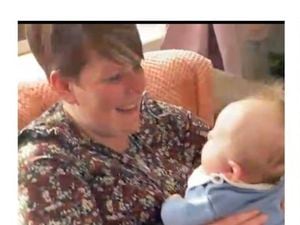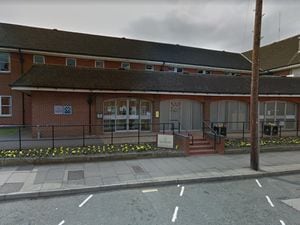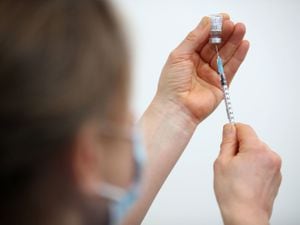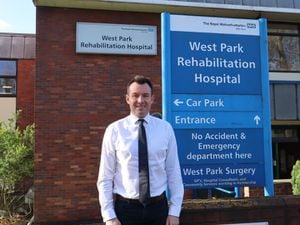Delight for family as drug for rare muscle wasting condition is approved
The mother of a girl with a rare muscle-wasting disease has spoken of her delight after the only-known treatment was approved for use on the NHS.
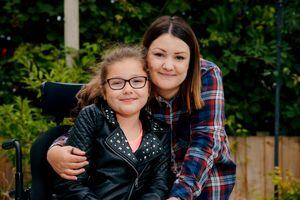
Heidi Prescott-Booth, who is just 11, has spinal muscular atrophy (SMA) - a genetic condition that makes muscles weaker and causes problems with walking and movement
Although there is no cure families say the drug Spinraza, the trade name of the drug nusinersen, can help slow down the effects and help maintain independence.
The National Institute for Health and Care Excellence (NICE) had previously not recommended it due to concerns over its long-term effectiveness and its high cost, but lengthy talks had been taking place with its makers, Biogen.
Now an agreement has been made between NHS England and Biogen which will see the NHS fund the treatment, already available in Scotland, for a time-limited period, allowing further data to be collected on its effectiveness.
Heidi's mother Katie said: "It means my daughter and other children don’t have to deteriorate anymore in front of our eyes. The physical impact of a child deteriorating causes such psychological damage and I would love to see the old Heidi again. The happy, carefree Heidi. I don’t want to see another baby or child die.”
She also paid tribute to the strength shown by her daughter, who has taken part in the campaign started by TreatSMA charity, and the support they have received.
"She’s been to protests, she’s cried over children and babies dying, she’s been on the news various times and put herself completely out there - all whilst having her own struggles.
"She is a true fighter and a true advocate for all, and without the support of TreatSMA and encouragement from everyone she wouldn’t have been able to do it," she said.
Wolverhampton South West MP Eleanor Smith, who has supported the family and campaign on their behalf, said: "I am so pleased that NICE has made the decision to make Spinraza available for treatments within the UK. This has been a long fight, not for MPs, but for the thousands of people in the UK living with Spinal Muscular Atrophy, such as my constituent, Heidi Prescott.
"We can talk about how much better it would have been for Heidi to start treatment earlier in her life, but now Spinraza has been approved Heidi and her family can at least move forward with her treatment and address the deterioration of her body.
"This landmark decision has opened up the futures of so many people living with SMA, and I am truly grateful for it. That Spinraza was available in Scotland but not in the rest of the UK is just one of many inequities of our healthcare system. I am determined to carry on the push to make the prescriptions for working people with long-term illnesses free – this would include Spinraza."
There are different types of SMA ranging from very severe type 1 through to type 4 – Heidi has type 3 – and one in 40 people carry the gene.
It is estimated there are there are between 600 and 1200 children and adults in the UK living with SMA.
Simon Stevens, NHS England chief executive, said: “This promising treatment has the potential to be life changing for children and their families.
“The NHS has now reached one of the most comprehensive deals in the world, which allows us to assess real-world evidence of its long-term benefits.”

